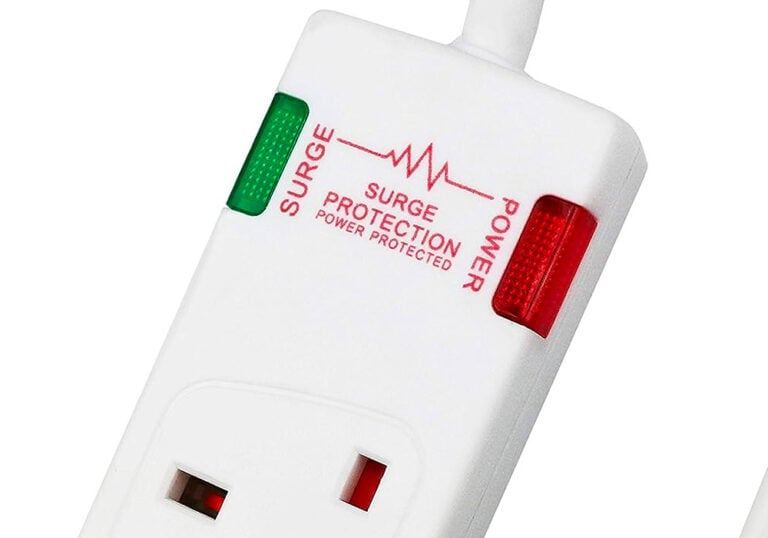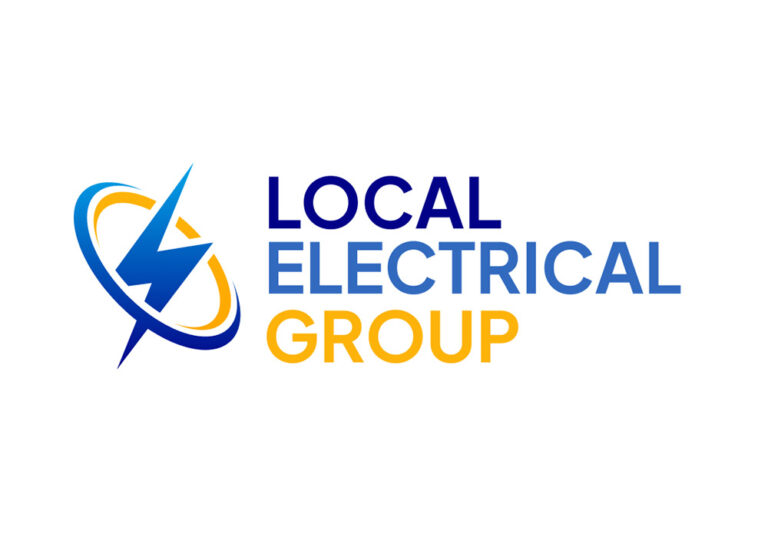How Much Electricity Does It Take To Charge An Electric Car?
In the process of switching to an electric car, it’s easy to be put off at the prospect of having to charge it up. This process is different to filling up a traditional car with petrol or diesel and has its own considerations. With that said, once you’re aware of what EV charging entails, it’s an uncomplicated process that will save you money in the long run.
It takes as much electricity to charge an electric car as the battery capacity can hold in kWh. Larger batteries can hold more energy, which translates to a greater mileage, but will take more electricity to fully charge. The same logic applies to the charging times and costs of an electric car; larger batteries will take longer to charge and will incur higher charging costs. Ultimately, all of these factors depend on the type of charging point you use to charge your EV.
How Do You Charge an Electric Car?
Charging an electric car is as simple as charging any other electric appliance in your home. All you need to do is plug the car into a suitable power outlet using its charging cable. The battery will recharge, just like filling up the tank on a petrol-powered vehicle.
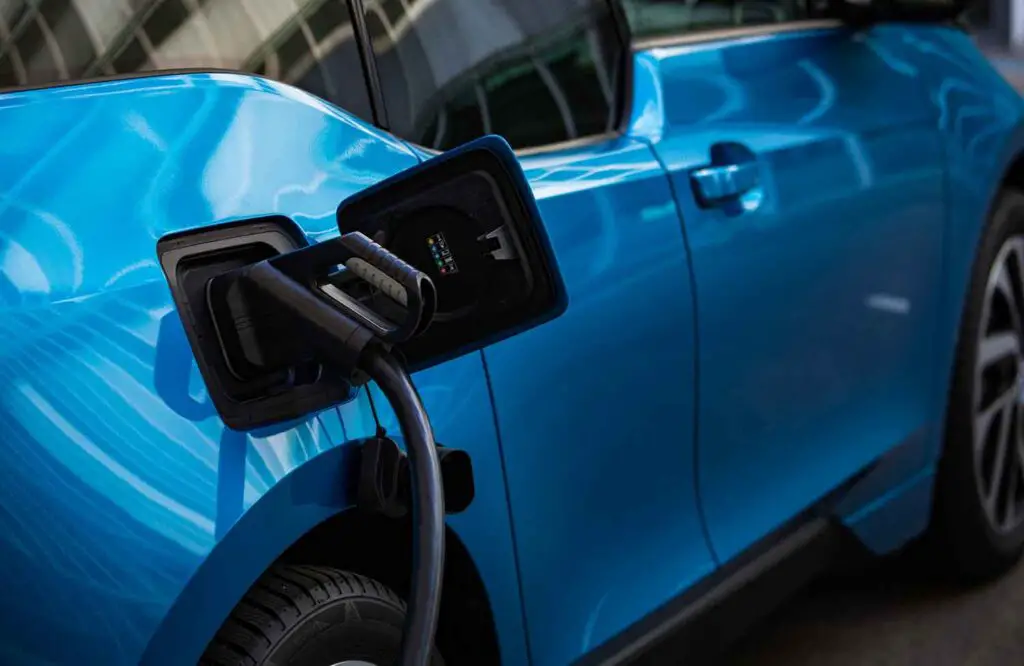
Where Can You Charge an Electric Car?
There are three places where you’ll find charging stations to charge an electric car. These include roadside public charging points, at your workplace, or at your home.
Public Charging Points
With the rising popularity of electric vehicles, the network of public charging stations is expanding to meet the demand. There are a number of providers running electric charging stations, including BP Pulse, Shell Recharge, Ionity, and Gridserve.
For example, Tesla has a dedicated ‘Supercharger’ network with over 800 sites, situated in service stations to hotel car parks. Another provider called NewMotion has around 3,000 charging points throughout the UK, with a further 250,000 points across Europe. These charging stations are easy to find using a sat-nav or phone apps like ZapMap. Like a normal petrol station, you charge up your vehicle before paying for the electricity you use.
Home EV Charging Points
The most convenient way to charge an electric vehicle is to install a charging point into your home. Unless you have consistent access to free charging points, home charging stations are the cheapest way to charge your car.
For a home EV charging point, you’ll need off-road parking on your property, such as a driveway or garage. It must also be possible to install a wallbox in this area that connects to your mains power supply. With a charging point in your home, you can charge your vehicle at the lowest cost by charging it overnight; this is when electricity is cheapest thanks to off-peak energy tariffs.
Workplace Charging Points
It’s also possible to charge your electric car at your place of work. This is providing your workplace instals charging stations for electric vehicles, or there is a public charging station nearby.
Although it’s less common, many workplaces are installing EV charging points in their car parks for staff use. Electric vehicles are still a relatively new concept, so this isn’t currently as widespread as it could be; however, it’s likely that more businesses will begin installing EV charging points to cater to the growing demand for these facilities.
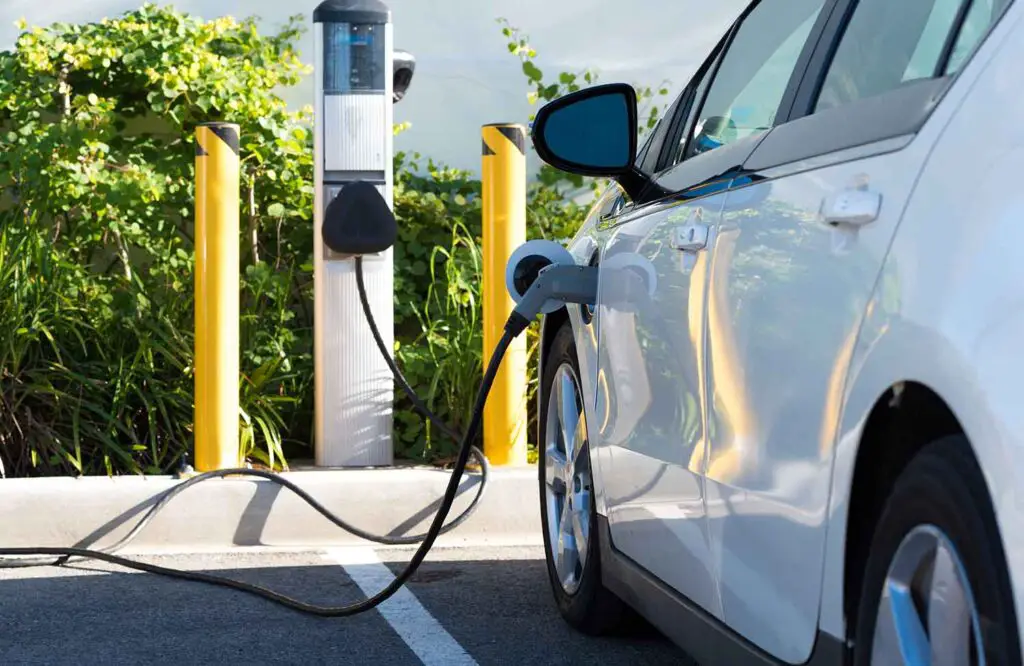
What Are Amps and Kilowatts in Charging?
Amps and kilowatts are two key terms to understand when talking about charging an electric car and other electrical appliances.
Amps (A and Ah)
‘A’ refers to amps or amperes, while ‘Ah’ means ampere-hours. Amps are units of electrical current; ampere-hours is a measure of the amount of electrical current multiplied by a length of time.
With electrical appliances, amp-hours can represent how much current an appliance produces or consumes, or its capacity to produce or consume current. More specifically, amp-hours are used to demonstrate how much current a battery can supply within an hour. This effectively shows the ‘battery life’ of the battery in question. To calculate the battery life of a battery in hours, you divide amp-hours (Ah) by amps (A). For instance, a 4Ah battery will be able to draw 4 amps for an hour before it runs out.
Amps and amp-hours are the standard for measuring the battery capacity of smaller electrical appliances. For larger electricals, like electric vehicles, kilowatts and kilowatt-hours are more common measurements.
Kilowatts (kW and kWh)
‘kW’ refers to kilowatts, while ‘kWh’ means kilowatt-hours. Similar to amps, kilowatts are units of power. Kilowatt-hours are used to represent the amount of energy an appliance consumes in a length of time.
Watts are a combination of amps and voltage, i.e. how much power runs through a power supply. One thousand watts equals one kilowatt; kilowatts are the typical unit of measurement for larger appliances that require more energy to run. Like amp-hours, kilowatt-hours demonstrate the amount of energy an appliance uses over a period of time. One kilowatt hour is equivalent to how much energy a 1,000 watt appliance would use to run for one hour.
The capacities of larger batteries like those in electric cars are most often measured in kilowatt-hours. The battery capacity of an electric car is akin to the fuel tank size of a regular petrol-powered car.
How Much Electricity Does it Take to Charge an Electric Car?
To fully charge an electric car, it will take as much electricity as the battery can hold. The average battery capacity of an electric car is about 40kWh, whereas some models can hold up to 100 kWh. An EV with a higher battery capacity will take longer to fully charge but offers greater mileage on a single charge.
How Long Does it Take to Charge an Electric Car?
Again, the length of time it takes to fully charge an electric car will depend on its total battery capacity in kilowatt hours. Charging times also depend on the speed of the charging point in kilowatts.
To use a standard example, a 7kW wallbox charger would take one hour to deliver 7kWh of energy to an electric car. If your car supports rapid charging, you can charge it up much more quickly using a 50kW charger. Some public stations even offer ‘ultra-rapid’ charging providing 350kW charging points for cars that have this capability.
You can work out a rough estimate for how long it would take to charge your EV by dividing the battery capacity (kWh) by the power of the charger (kW). As a formula, this looks like:
Battery Capacity of Car (kWh) / Power of Charger (kW) = Charging Time
Although this formula will provide you with a good estimate, it won’t be totally accurate to the actual charging time of an EV. All batteries have what’s known as a ‘charging curve’; this means that the first 10% and last 20% of the battery will take longer to charge than the rest of its capacity. Electric appliances like EVs come with this feature to protect the battery and sustain its longevity.
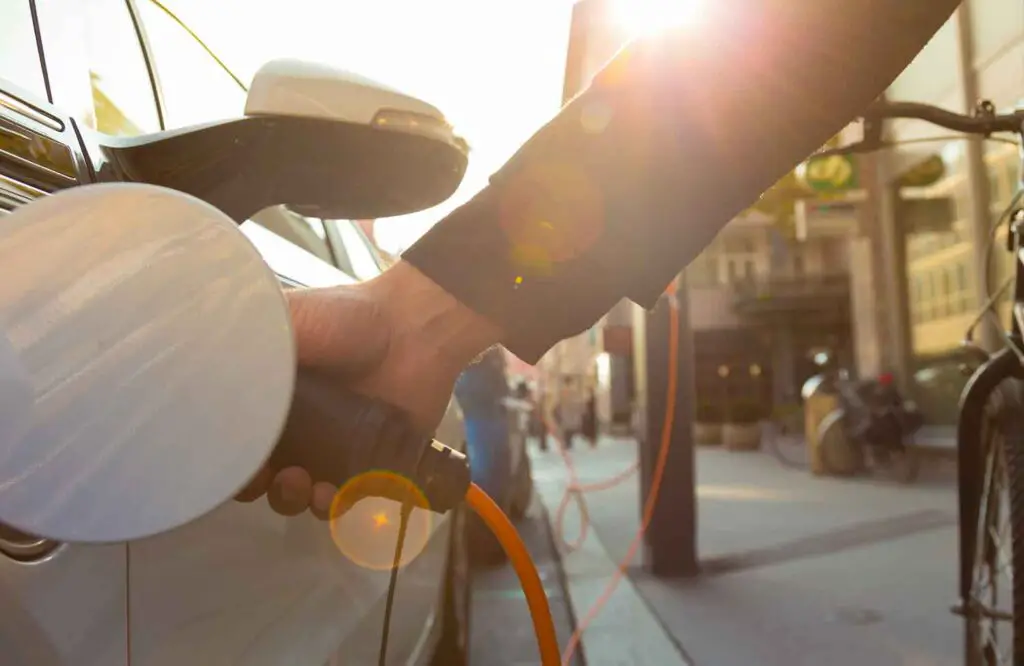
How Much Does it Cost to Charge an Electric Car?
In general, electric cars cost the least to run in comparison with petrol or diesel cars. The actual cost to charge an electric car will vary depending on the charging station, and whether it’s a home or public point. As a rule of thumb, the higher the charging speed in kW, the more you’ll have to pay per kWh.
To reiterate, there are three main ways to charge an electric car; at a public charging station, at home, or at work. The cost for EV charging will vary between these different options.
- Public Charging Points: Public charging stations will offer various tariffs for EV charging. For example, a BP Pulse public AC charger offers electricity at roughly 18p per kWh for its slowest charging speed. Rapid chargers are faster but more expensive, with Ionity’s ultra-rapid 350kW charger costing 69p per kWh. You can also charge your electric car completely free of cost by making use of free charging stations; these can be found at places like shopping centres or hotel car parks.
- Home EV Charging Points: The cost of charging your electric car at home will depend on your electricity tariff and the kilowattage of your wall box. The average rate for electricity in the UK is roughly 28p per kWh; on this rate, it would cost around £15 to fully charge a 60kWh electric car using a home point. You can take advantage of off-peak tariffs by charging your car overnight when electricity costs are lowest.
- Workplace Charging Points: If your employer offers it, you may be able to charge your electric car for free at your workplace. Otherwise, workplace charging points will come with a set tariff like any other public charging station.
You can follow an easy formula to work out exactly how much it would cost to charge your electric car; you simply multiply your car’s battery capacity in kWh by the cost per kWh of the charger.
Why Do Electric Cars Have Nominal Battery Capacity and Usable Battery Capacity?
In specs, adverts, and reviews for electric cars, you’ll often come across two different figures for the car’s battery capacity. One figure is the nominal battery capacity, and the other is usable battery capacity.
These figures are misleading as it may seem as though you can’t make full use of the battery’s total capacity. However, this isn’t the case. Electric cars feature a battery management system that limits the usable capacity of an electric car battery. This system protects the battery by preventing it from overcharging and over-discharging; consequently, it extends the life of the battery significantly.

